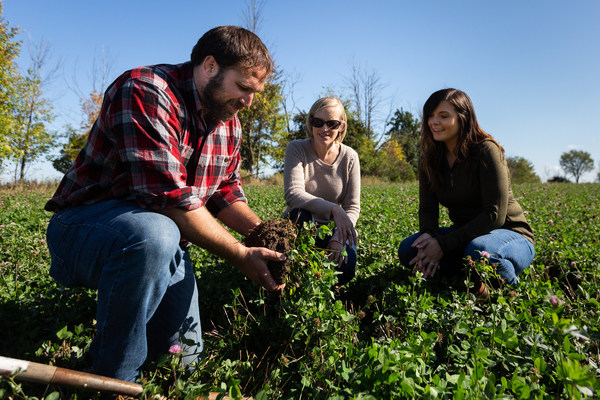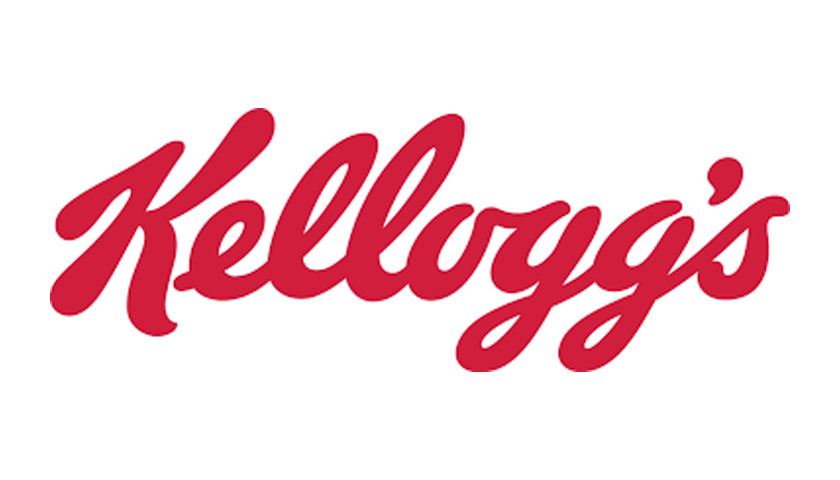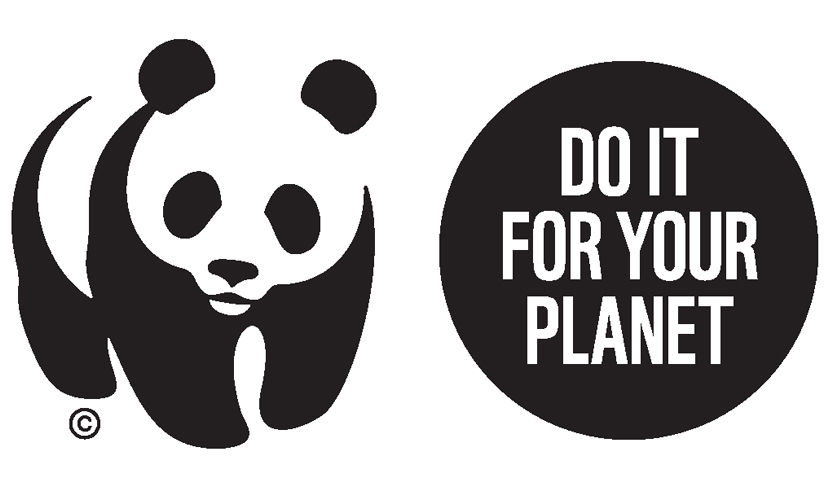As stewards of the land, farmers are continuously seeking ways to help improve the health and sustainability of their farms. They also recognize the role they can play to positively impact the land and water sources adjacent to where their crops grow. Doing so takes funding and resources – and farmers find themselves in need of support from organizations to help them get there, especially during these challenging times. That’s where public-private partnership plays a key role.
Kellogg Company and The Nature Conservancy have collaborated to help farmers implement conservation agriculture practices on 67,000 acres of Michigan farmland since 2015 in the Saginaw Bay Watershed – the main drinking water source to nearly 1 million residents and the habitat for large populations of waterfowl, birds and more than 90 fish species.

Through their support of both a six-year USDA led program and a pay for performance incentive, farmers adopted practices to help regenerate soil health, support biodiversity and address water quality concerns in the Saginaw Bay Watershed. Participating farmers like Mike Milligan, a fourth-generation Michigan wheat farmer, implemented practices such as cover cropping, no-till farming, soil nutrient management and water drainage management to prevent nearly 3,900 tons (the equivalent of 275 dump truck loads) of soil from running off the land and into waterways.
Soil runoff occurs when heavy rains become too much for the soil to absorb, causing land to erode and drain into nearby streams, rivers and lakes. These stressors can cause nitrogen contamination and algal growth in waterways, which negatively impacts the habitats of native fish and wildlife populations.
“Promoting soil health on my farm is vital not only for boosting production, but also for helping to protect the broader ecosystem of the species and people living in the Saginaw Bay area,” said Milligan. “Working with Kellogg, The Nature Conservancy and the USDA has helped farmers like me accelerate conservation and regenerative agriculture practices that are making a significant impact.”
The Saginaw Bay is an important sourcing area for Kellogg ingredients, as soft white winter wheat grown there is used to make Kellogg’s Frosted Mini-Wheats®, Kellogg’s Raisin Bran®.
In 2019, Kellogg and The Nature Conservancy enhanced its Pay for Performance incentive to enable more Michigan farmers to adopt regenerative agriculture practices and receive payments based on the predicted environmental benefits. In just one year, the program expanded to nearly 4,000 acres, which is estimated to prevent another 328 tons of runoff from entering the Bay. Additionally, Kellogg has worked since 2015 with its grain supplier Star of the West to measure and track continuous improvement of conservation practices on 70,000 acres of Michigan farmland and 45,000 acres of wheat. The teams meet with farmers each year to share best practices and provide additional resources and technical assistance.
“Promoting soil health and protecting biodiversity has always been a priority at Kellogg,” said Mary Gallagher, Responsible Sourcing Senior Manager at Kellogg Company. “This program contributes towards our global Kellogg’s Better Days goal to support 1 million farmers, workers and women by the end of 2030. Already, we have positively impacted more than 433,000 farmers through 40+ Kellogg’s Origins™ sustainable agriculture projects worldwide.”
“Keeping a healthy, sustainable system is critical,” Milligan added. “We’re all working towards a common goal here, to have a healthy long-term water supply and healthy soil.”
You can read more about this Kellogg’s Origins™ program in this latest Social K corporate blog.


